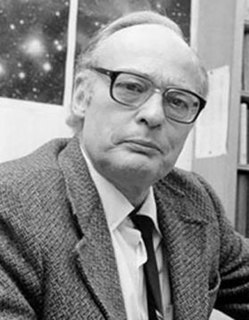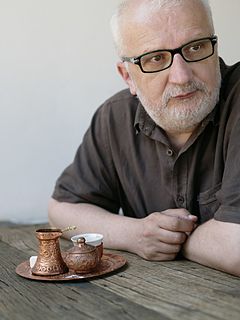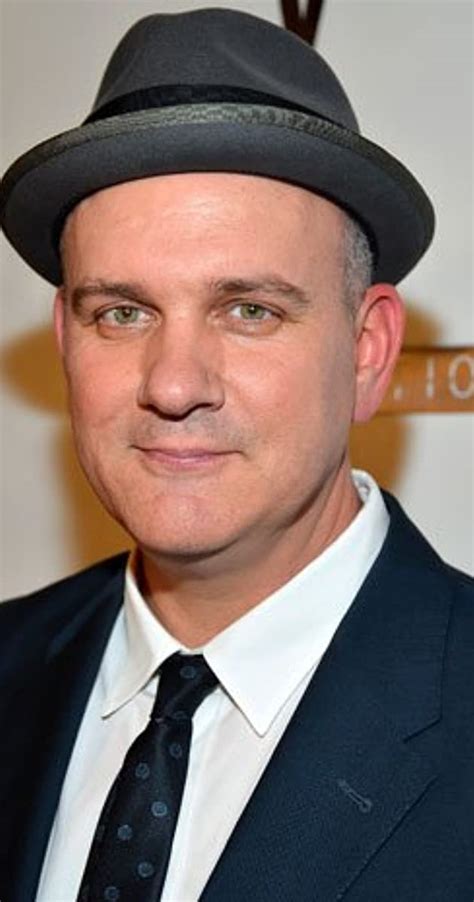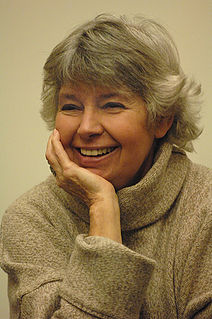A Quote by Adyashanti
Most people don't get out of childhood, or adolescence, without being wounded for telling the truth. Someone says 'you can't say that' or 'you shouldn't say that' or 'that wasn't appropriate' so most of us human beings have a very deep underlying conditioning that says that just to be who we are is not OK.......Most human beings have an imprinting that if they're real, if they're honest, somebody's not gonna like it. And they won't be able to control their environment if they tell the truth.
Quote Topics
Related Quotes
I've come to learn as an adult that love is a hell of a drug. It's one of the most dangerous things that human beings can have. It's also one of the most beautiful things that human beings can possess because love, on one hand, gives you the ability to care for a human being sometimes more than you would care for yourself. Love, unfortunately, sometimes gives you the ability to forgive somebody and blind yourself to the truth.
Human beings of all societies in all periods of history believe that their ideas on the nature of the real world are the most secure, and that their ideas on religion, ethics and justice are the most enlightened. Like us, they think that final knowledge is at last within reach. Like us, they pity the people in earlier ages for not knowing the true facts. Unfailingly, human beings pity their ancestors for being so ignorant and forget that their descendants will pity them for the same reason.
People come to the theatre in search of a real encounter with other human beings, and we must give them what they come for. Our capacity to do that is the measure of being human. And if the price is that we sometimes say something not very pleasant - well, that's precisely why people want us, in the end: because we speak the truth.
The core of ethics runs deep in our species and is common to human beings everywhere. It survives the most appalling hardships and the most ruthless attempts to deprive human beings of their humanity. Nevertheless, some people resist the idea that his core has a biological basis which we have inherited from our pre-human ancestors.
There have been plenty of things that I've written that other people haven't cared about, but it hasn't stopped me from being a writer. So, I don't even think about other people. I'm just interested writing about human beings so if somebody calls and says, 'We'd like you to do it,' I'd say, 'That sounds like a cool idea.'
Sometimes I don't tell the truth, which is telling the truth about not telling the truth. I think people don't tell the truth when they're afraid that something bad's going to happen if they tell the truth. I say things all the time that I could really get into trouble for, but they kind of blow over.
One of the things that I tell beginning writers is this: If you describe a landscape, or a cityscape, or a seascape, always be sure to put a human figure somewhere in the scene. Why? Because readers are human beings, mostly interested in human beings. People are humanists. Most of them are humanists, that is.
I think that most of us, anyway, read these stories that we know are not "true" because we're hungry for another kind of truth: the mythic truth about human nature in general, the particular truth about those life-communities that define our own identity, and the most specific truth of all: our own self-story. Fiction, because it is not about someone who lived in the real world, always has the possibility of being about oneself. --From the Introduction
As soon as one knows one is going to die, childhood is over.... So one can be grown up at seven. Then, I believe most human beings forget what they have understood, recover another sort of childhood that can last all their lives. It is not a true childhood but a kind of forgetting. Desires and anxieties are there, preventing you from having access to the essential truth.
It's pretentious to say, but my art is like a little Zen story, a story with a question mark at the end. People can take from it what they need. If somebody says, "Your art is very funny," I say, "You are totally right." If somebody says, "Your art is very sad," I say, "You are totally right." In Japan they say, "Your art is very Japanese, you even look Japanese.Your great-grandfather was most surely a Japanese man." And I say, "You are totally right."





































